Türkiye’s relationship with the African continent has witnessed a notable escalation in recent years, commencing from the early 2000s. In the context of trade and diplomatic initiatives, multifaceted collaborations have been established with various countries on the continent. More recently, the defense industry has also become involved in this process. Türkiye’s role in Africa has evolved from a provider of humanitarian and development aid to that of a pivotal strategic partner in fostering African security. This transformation is evident in the country’s well-developed trade relations, particularly in the domains of defense industry exports and security cooperation agreements. The success achieved in producing domestic and national defense products within a relatively short period has met the security needs of African countries, fostering a strategic rapprochement on the continent.
The cooperation of African countries with Western actors, principally France, the U.S. and the U.K., has been a long-standing phenomenon within the security sector. Nevertheless, the long-standing nature of these traditional security partnerships has been called into question. While France’s interventions in the Sahel region, such as Operation Barkhane, were initially justified as part of the fight against terrorism, civilian casualties, local legitimacy issues and the self-interested approach of Western powers have provoked public outrage. This has prompted numerous African countries to seek alternative security partnerships that are characterized by greater equity. In response to this search, Russia has gained influence on the ground by providing military training, protection and advisory services through the Wagner Group in countries such as Mali, the Central African Republic and Sudan. However, the Russian invasion of Ukraine in 2022 resulted in a significant diversion of resources to Europe, which had a detrimental effect on the country’s international reputation.
Consequently, Russia’s security influence in Africa has not reached the expected level. Moreover, the human rights violations and other unlawful actions perpetrated by the Wagner Group against civilians in Africa have also led to criticism of Russia’s security cooperation. At this juncture, Türkiye’s security cooperation with African countries, characterized by a non-imposing approach in contrast to the actions of Western actors, and a non-destabilizing stance in contrast to Russia’s actions, has emerged as an alternative model for the continent. The provision of domestic and national defense products to meet the needs of African countries, along with affordable, effective and technical support, and the support of these processes with training, maintenance and technology transfer, has transformed Türkiye from a mere arms supplier to a strategic security partner. Within this paradigm, the security partnerships established by Türkiye with African nations have the potential to have a profound and enduring impact, manifesting not only at the military level but also extending to the realms of diplomacy and institutional development.
By 2024, Türkiye’s defense and aerospace exports had reached an all-time high of $7.1 billion. A notable proportion of these exports is destined for African countries. While Türkiye’s arms exports were formerly restricted to Tunisia and Mauritania before 2017, it is now reported to export military services to at least 18 African countries. By 2025, Türkiye is expected to have 71 military attaches stationed across the African continent, along with an army export capacity of $328 million.
The successful completion of these exports can be attributed to the development of products by companies such as Baykar, Aselsan, TUSAŞ, Otokar and Katmerciler. Baykar’s Bayraktar TB2 and Akıncı UAVs have attracted significant interest in the global market, as well as in Africa. These UAVs have been favored by countries such as Libya, Ethiopia, Nigeria, Mali, Burkina Faso and Somalia, which are currently grappling with significant security challenges, including terrorism and civil war. For instance, Burkina Faso has achieved notable progress in its efforts to combat terrorism, largely due to the deployment of Turkish UAVs. In November 2023, the security forces of Burkina Faso successfully neutralized an attack by approximately 3,000 terrorists in the town of Djiba. The deployment of TB2 UAVs proved to be a pivotal factor in this operation. As illustrated by the case of Burkina Faso, which utilizes a substantial number of TB2 UAVs, the nation was subjected to terrorist control by 2022, with more than half of the country falling under their dominion. However, following the predominance of air force-dominated counterterrorism efforts, 71% of the country came under state control by 2025.
What are the key factors driving the growing preference for Turkish defense industry products by African governments? There are numerous political, technical and economic reasons behind African governments’ preference for Turkish defense industry products. First and foremost, Turkish defense industry products are more cost-effective than similar Western counterparts and are offered with flexible financing terms. This makes them an attractive option for many African countries with limited budgets. Türkiye’s commitment to non-political preconditions for defense exports, coupled with its non-interventionist approach to cooperation, is regarded by African governments as a significant advantage, especially given their concerns about the restrictive terms of defense agreements with Western countries.
On the other hand, the operational success of Turkish defense products is also a determining factor in these choices. The deployment of armed UAVs such as the Bayraktar TB2 in Libya, Karabakh, Ethiopia and Burkina Faso demonstrates the reliability and field-tested nature of these systems. The reputation earned in the field is regarded as a critical reference for numerous African countries, particularly those facing counterterrorism and border security challenges. Furthermore, Türkiye pursues an approach that extends beyond product sales, providing support to recipient countries, including training, maintenance and repair, technical consultancy, and local capacity building. As demonstrated by Türkiye’s involvement in military training activities in Somalia, Niger and Kenya, Türkiye is playing an active role in strengthening these countries’ security cooperation, marking a shift from a purely commercial partnership to a more strategic one. Türkiye’s growing network of embassies worldwide and its commitment to development through institutions like the Turkish Cooperation and Coordination Agency (TIKA) and the Maarif Foundation can also be seen as key elements in its soft power strategy, fostering collaboration in the defense industry. Consequently, Turkish defense products are not only a technical choice for African states, but also part of a more balanced, inclusive and mutually beneficial security partnership.
The Turkish defense industry’s exports of products and its provision of support for ancillary security services have been shown to have a considerable positive impact on the military capabilities of African states. As demonstrated in the Burkina Faso case study, Turkish defense industry products are achieving operational success in counterterrorism scenarios. In addition, Türkiye’s provision of military training and technical support to partner countries, in conjunction with its export activities, contributes to enhancing military capabilities across the continent. Consequently, African states’ external dependence on Western systems is reduced, creating significant advantages for both the continent’s countries and Türkiye.
However, it is worth noting that developing military and security relations with the continent poses certain risks. Firstly, Türkiye’s exports of defense industry products to countries experiencing conflict are concerning. These exports are to actors with vested interests in the continent who are losing power in this market. Consequently, these global and regional actors seeking to secure their presence on the continent frequently engage in propaganda campaigns targeting Turkish defense industry products and the Turkish government. It has been alleged that Bayraktar TB2 UAVs used by local government security forces during conflicts in Ethiopia and Burkina Faso have caused civilian casualties. Western media outlets have portrayed these allegations as propaganda against Türkiye. Consequently, the use of provided defense products by authoritarian regimes lacking democratic oversight to suppress domestic dissent could lead to Türkiye being associated with human rights violations at the international level. Such perceptions have the potential to damage Türkiye’s global reputation and increase the risk of diplomatic pressure and sanctions. Therefore, to mitigate this risk, Türkiye should develop flexible protocols in its defense cooperation agreements that include democratic oversight, accountability and terms of use for peaceful purposes. Furthermore, these collaborations should be institutionalized by supporting them not only with governments but also with local security institutions, academic centers, and civil society organizations. This strategy can enable the establishment of institutional ties that will prevent relations from resetting even if the regime changes.
It is important to note that increasing arms trade to Africa could potentially trigger a regional arms race. Indeed, due to its operational success and comparatively easier access compared to its Western counterparts, an increasing number of African states are signing agreements with Türkiye. This, in turn, intensifies Türkiye’s competition with major global powers, such as France, the U.S., Russia, and China, for defense industry products. To mitigate the risks associated with this issue, Türkiye must take significant steps in its diplomatic engagement with the African continent. As demonstrated in recent years in Libya, Sudan and Somalia-Ethiopia, Türkiye’s strengthening of its presence on the continent as a neutral mediator will enable it to balance military support with political solution mechanisms.
As a result, Türkiye has become an effective and constructive actor in the continent’s evolving security architecture by developing a strategic initiative in Africa through defense industry products and security collaborations in recent years. The fact that domestic and national defense technologies offer cost-effective, effective and field-tested solutions, combined with Türkiye’s non-interventionist, collaborative approach, resonates strongly with African states. Türkiye’s provision of support in areas such as counterterrorism, border security and military capacity building positions the country not only as a defense exporter, but also as a responsible partner in the building of security and stability. However, some issues require careful attention to ensure that these deepening relations progress on a sustainable, legitimate and balanced basis. It is therefore recommended that Ankara pursue a multifaceted strategy that formally institutionalizes its influence in the security sphere, while also taking into account diplomatic, social and ethical considerations. In this way, Türkiye can further solidify its position as a reliable strategic partner contributing to Africa’s peace, security and development goals.

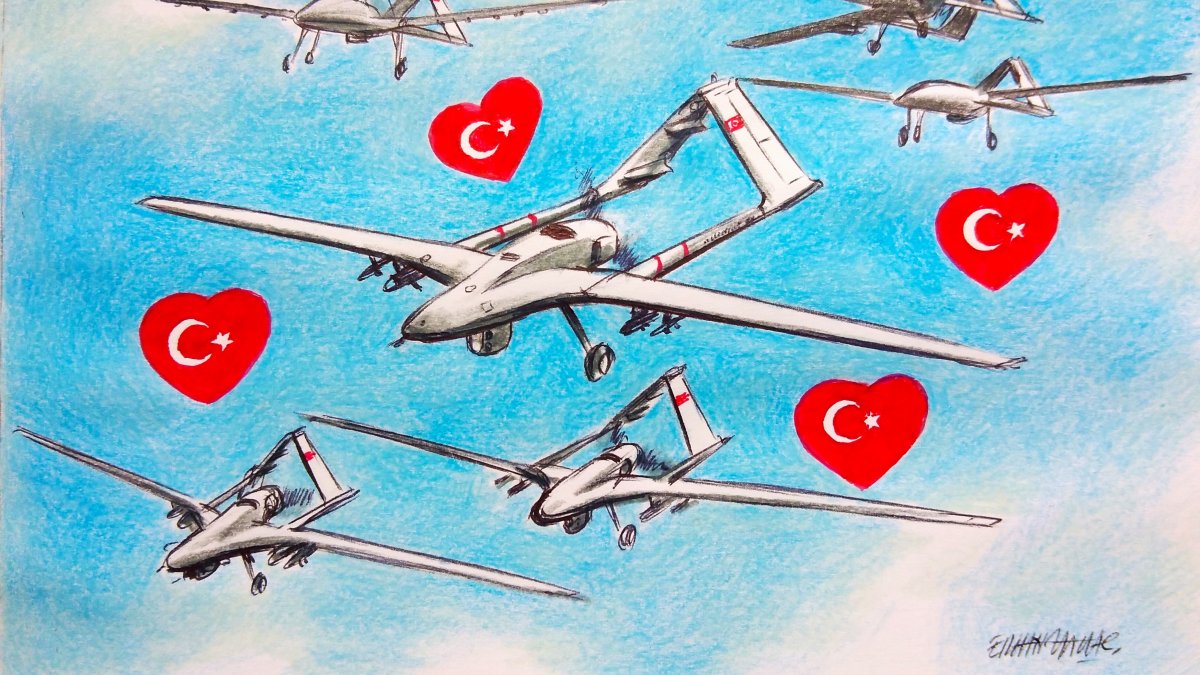



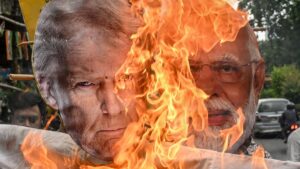

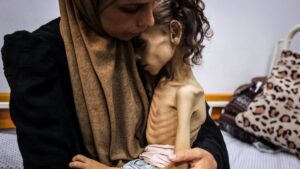
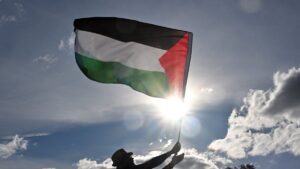
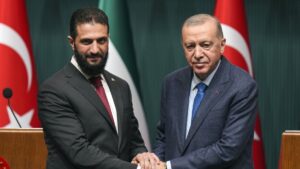





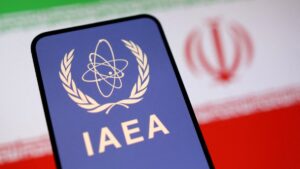
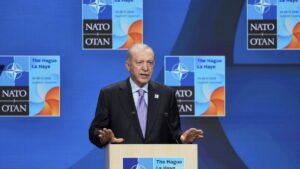
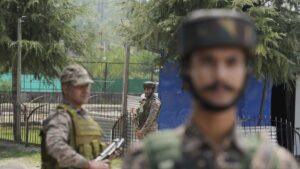


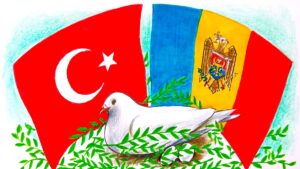

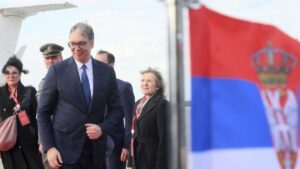
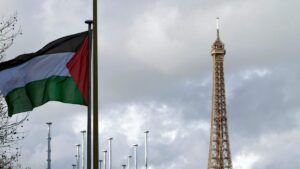

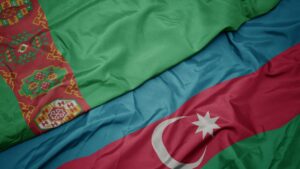

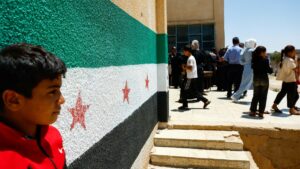

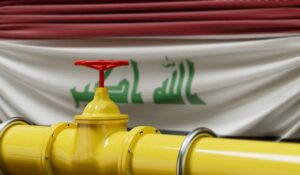
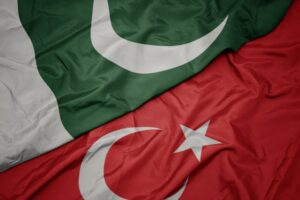
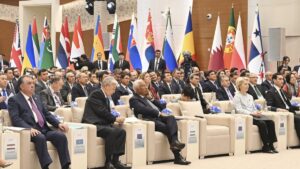




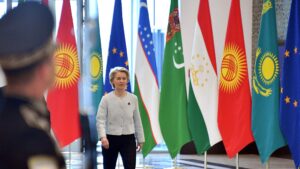

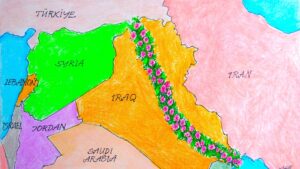


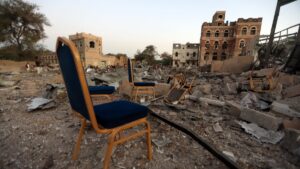
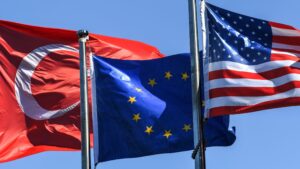
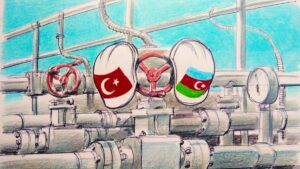


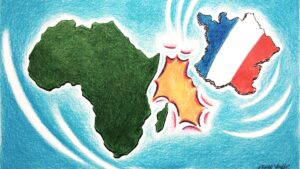
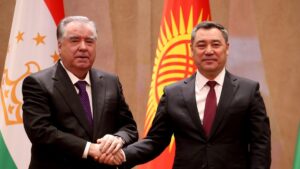
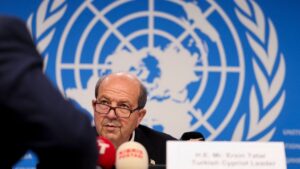
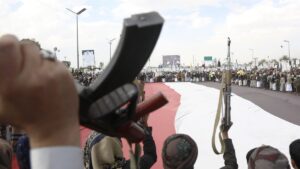
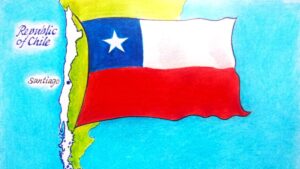

Be First to Comment